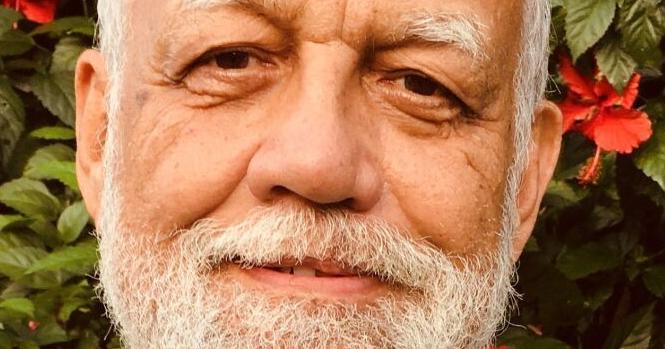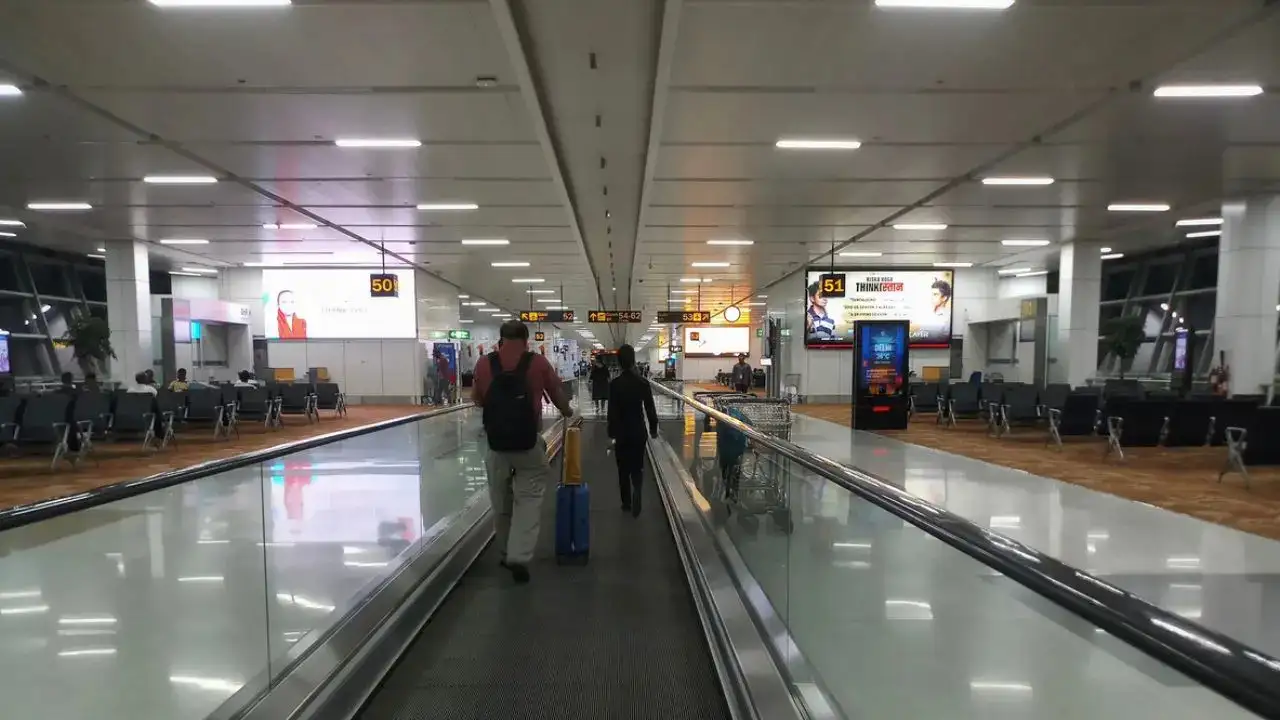By By Ken Leon-Guerrero,Ylig Bridge
Copyright guampdn

There are three main reasons why the political status process here on Guam is flawed.
To begin with, the Commission on Decolonization has not done anything over the past 30 years to advance efforts to change the political status on Guam. The mechanism for political status change is clearly outlined in the Treaty of Paris of 1899, which declares that any change in political status must pass through the Congress of the United States.
A process that was successfully navigated starting in 1932 by the Philippines, and concluded in 1946 with independence.
In the 18 years I have been back on the island, I have not seen any credible effort of doing the hard work to even begin talking to the U.S. Congress about political status change.
Reason one: Among the first steps Guam should have taken decades ago to begin the march towards self-determination should have been the creation of a Guam Constitution. This is something that the politicians and political change advocates on Guam have not done nor talk about doing.
Puerto Rico’s Constitution was approved by Congress in 1952. The Commonwealth of the Northern Mariana Islands’ Constitution was approved by Congress in 1976.
What have you, the officers of the Commission on Decolonization and senators in the 38th Legislature done to create a Guam Constitution? Nothing.
Going to the United Nations on an annual or more basis, pleading with the organization to “remove the oppressor’s boot from the back of the neck of the people of Guam” hasn’t worked in the past and won’t work in the future.
If the politicians on Guam and status change advocates won’t work to create the frame to assume more responsibility for self-government, can they be trusted to govern? I think not!
Reason two: The second step on the road to political status change would be to take more responsibility for running the local government, starting with the tax code.
What Guam politicians and political change advocates should have done decades ago but haven’t, was to delink from the Internal Revenue Service of the United States and create a Guam-based tax code.
This is something Puerto Rico did in 1976. Delinking from the US IRS is something that politicians and political change advocates do not talk about and have made no effort whatsoever to do, other than former Sen. Michael San Nicolas, who held roundtable hearings on the subject.
Fun fact: None of the dozen business leaders or political leaders attending the roundtable favored starting a Guam tax system because they felt that the people of Guam were not capable of creating or managing their own tax system.
Fun fact: If Guam politicians and business leaders do not believe Guam can create and manage its own tax code, something Puerto Rico has been doing since 1974, how will they convince Congress they are ready for political status change?
The avoidance goes to point out the fallacy of attempting any efforts at political change at this time when the political leaders and members of the Commission have not done any of the groundwork necessary to show Congress that Guam can create and operate its own tax code, and won’t, as long as nearly 50% of Government of Guam revenues are dependent on the United States.
That revenue dependency is why Guam politicians will make no bonafide effort to change political status, as we have seen over the past 30 years in inaction.
Reason three: The “political status change” process is flawed. As written in Guam law, it is doomed to failure because it discriminates against the people of Guam, and it discriminates against the people of Guam who are satisfied with the status quo.
Back when the Commission on Decolonization was first created, there were seven political status options, not three. And among the status options was status quo.
I have tried for years to have the legislature reinstate the status quo as one of the options in the political state status options, to no avail.
I understand why the Legislature and Commission members refused to do so, because they know that nearly 80% of the residents of Guam prefer the status quo. If they were to acknowledge that preference, it would eliminate the justification for millions of dollars of funding, six-figure salaries to politically well-connected insiders, and annual trips to New York City and other exotic places by politicians and Commission members several times a year.
I have tried to get the committee to do a survey, and they’ve refused specifically for this reason.
At times I have been tempted to file a discrimination lawsuit against the Commission on Decolonization and based on the Davis case, I know I would win. All that would accomplish would transfer millions of dollars from badly needed programs to pay attorney’s fees for the inevitable victory; and that is something I am disinclined to do.
Conclusion: Until the political leaders of Guam get serious about supporting a genuine political status change process re-instating “status quo” as one of the political choice options, and forget about an indigenous CHamoru only vote, nothing will ever happen other than provide six-figure salary employment to a group of politically well-connected insiders and an excuse to travel to New York City several times a year, and other exotic places pleading for parties, other than the U.S. Congress, to pull the boot off the backs of the necks of the people of Guam, while we take the federal funds to fill the holes in the government of Guam budget.



